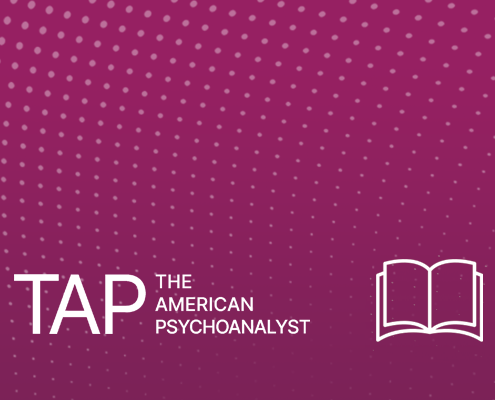Aisha Abbasi, MD: Homesickness is a commonly used term, and a feeling that has been studied with interest, in psychoanalysis. The connection and distinction between homesickness and nostalgia has been noted in many analytic papers. Normal and pathological forms of both have been described. In this paper, Dr. Abbasi discusses the theoretical framework that informs our current understanding of homesickness. She outlines developmental factors that affect the evolution, emergence, and at times, the persistence of this feeling. Using clinical vignettes from her work, she demonstrates how and why the sense of homesickness emerges in therapeutic work at the time when it does, and the challenges and opportunities it presents, both for the patient and the analyst. Dr. Abbasi also shares with us her evolving understanding of her own feelings of homesickness, following two major immigrations in her life: one, when she moved from Pakistan to the USA in 1987; and the other, when she moved from Michigan to Portland, Oregon, in 2023. She delineates the intrapsychic work involved in such a process, and postulates that such work gives rise to the development of a new and more stable internal home within one’s mind. She elaborates on the implications of this idea for analytic technique, especially as patients consider ending their work with the analyst. She also sees this as an important aspect of adult maturation and growth, one that is profoundly helpful during relocations, both local and distant, that many adults go through. Building upon Mahler’s description of the first separation-individuation phase of toddlerhood, Blos’ understanding of adolescence as a second individuation, and Akhtar’s insights about immigration as a third individuation, Dr. Abbasi suggests that the development of a stable internal home in one’s mind, during mid to late adult life, is akin to a fourth individuation process within the self.
APsA Publications

The Journal of the American Psychoanalytic Association (JAPA)
JAPA is a peer-reviewed journal publishing original articles and commentaries, ground-breaking research, thoughtful plenary addresses, in-depth panel reports, and more.

The American Psychoanalyst (TAP)
APsA’s triannual magazine, TAP, offers a psychoanalytic perspective on current events in psychology, the arts, and culture for mental health professionals, students, and the general public.

Psychotherapist Newsletter
The Psychotherapist Newsletter features scientific programs and publications about psychoanalytic psychotherapy, personal reflections, social and community issues, and advocacy.
© 2009-2025 American Psychoanalytic Association | 122 East 42nd Street, Suite 2310, New York, NY 10168 | Phone: (212) 752-0450 | [email protected]

